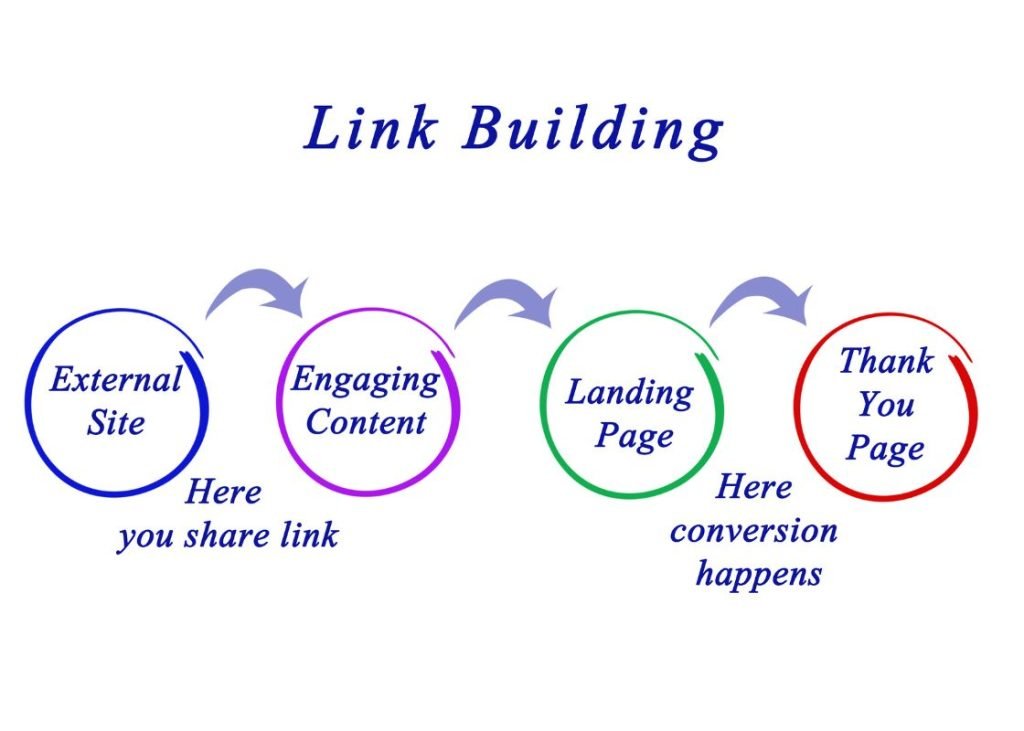
What Is SEO Audit and Why Is It Important?
An SEO Audit is a process. This process checks the health of a website in terms of its search engine visibility. Simply put, it examines how friendly your website is to search engines like Google.
This article aims to dive deep into the topic of SEO Audits. It will help you understand what an SEO Audit is, its elements, and why it matters.
What is SEO
SEO stands for Search Engine Optimization. It involves tweaking your website in ways that make it attractive to search engines. The aim is to improve the website's ranking in search results. When done right, SEO can help your website become more visible to people who search for your products or services online.

The importance of SEO for websites is huge. When your website ranks high on search engine results, it tends to attract more visitors. More visitors mean more potential customers. Having a well-optimized site is critical in a world where most people use search engines to find what they need.
Read More: What Is SEO in Digital Marketing & How Does It Work?
The Concept of an SEO Audit
Delving into the concept of an SEO Audit, it's a process where various aspects of a website are analyzed. The goal is to see how well the site is optimized for search engines. Think of it as a ‘health check' for your site's SEO.
An SEO Audit involves many elements. First, it looks at the technical aspects of your website. This includes website speed, mobile-friendliness, and URL structure. It also looks at on-page factors. These factors are related to content and keywords. Another aspect is off-page factors. These refer to backlinks and social signals. Lastly, it also considers the user experience, like site navigation and design.
The Importance of an SEO Audit
An SEO Audit is more than just a checkup for your website; it's a tool that has various advantages.
An SEO Audit allows you to gauge your website's current SEO performance. You'll get a detailed look at what's working and what's not. This gives you a baseline for measuring future changes.
Next, an SEO Audit helps you discover areas for improvement. Every website has room to grow. An audit uncovers gaps in your SEO efforts. It can show where you might need more keywords or better content.
Thirdly, an Audit can provide insight into your competitors' SEO strategies. By understanding what others in your field are doing, you can make informed decisions about your own strategy.
Finally, an Audit can improve user experience. An audit helps ensure visitors enjoy their time on your site by pinpointing issues that may hinder usability.
Components of an SEO Audit
An SEO Audit is composed of different parts, each serving a unique purpose.
The first is the Technical SEO Audit. This looks at the nuts and bolts of your website. It checks if search engines can crawl and index your site. It also looks at your site's speed, security, mobile responsiveness, and more.
Second, there's the On-Page SEO Audit. This looks at elements directly on your website that you can control. Things like content quality, keyword usage, meta tags, and URL structure are evaluated.
Third, there's the Off-Page SEO Audit. This focuses on factors outside your website that affect your ranking, like backlinks and social signals.
Lastly, the Local SEO Audit is crucial for businesses serving specific areas. This looks at your local presence, like Google My Business listings and local citations.
Performing an SEO Audit
An SEO Audit involves a thorough examination of your website from an SEO perspective. This allows you to assess your site's performance and identify any issues that could be affecting its visibility on search engines.
Here, we provide a step-by-step guide covering the key areas of focus during an SEO Audit to help you easily navigate this crucial process.
A step-by-step guide to conducting a basic SEO Audit
Website visibility: Begin by assessing how visible your site is to search engines. Tools like Google Search Console can help you check this.
Technical Audit:
Check technical aspects like site speed, mobile-friendliness, security, and URL structure.

On-page Audit:
Evaluate the quality and optimization of your content. Look at keyword usage, meta tags, headers, and URL structure.
Read More: On-Page SEO & Basic Technical SEO Checklist
Off-page Audit:
Review your site's backlink profile and the quality of the sites linking to you. Also, consider your site's reputation and authority in your industry.

Read More: Link Building for SEO: A Complete Guide
Local SEO audit:
Reviewing your local SEO is important if your business serves a local market. This includes Google My Business listing, local citations, and local keyword rankings.
Read More: Local SEO Optimization Checklist
Tips for interpreting SEO Audit results
Look for patterns:
Try to identify trends or recurring issues that may indicate larger underlying problems.
Prioritize by impact:
Not all issues have the same impact on your site's SEO. Prioritize fixing issues that are likely to have the greatest positive effect on your site's performance.
Think strategically:
Use the audit findings to inform your broader SEO strategy. For instance, if certain types of content are performing well, consider creating more similar content.
Post-Audit Actions: Making the necessary changes
Once you've conducted your SEO audit and clearly understand your site's strengths and weaknesses, it's time to take action. Use the insights gained from your audit to make changes, such as enhancing on-page content, improving site speed, or building quality backlinks. Remember, the goal of the audit is not just to identify problems but to provide you with a roadmap for improving your site's overall SEO.
Tracking and reviewing performance
An SEO Audit is not a one-time activity. SEO is a continuous process of optimizing, tracking, and refining your strategy. After making changes based on your audit findings, use tools like Google Analytics to track changes in traffic, bounce rate, conversion rate, and other key performance indicators. Review your performance regularly and adjust your SEO strategy as needed.
Identifying and Prioritizing SEO Opportunities
An SEO Audit isn't just about finding what's wrong; it's also about spotting what could be even better. These are your SEO opportunities. They could range from underused keywords to untapped markets. Audits can help you see these possibilities. For example, you might discover that certain products or blog posts are surprisingly popular. This could prompt you to create more related content.
However, not all opportunities are equal. It's important to prioritize your SEO tasks based on the audit findings. This usually means focusing on the changes that could have the most impact first. For instance, fixing a major technical issue might take precedence over tweaking a few meta descriptions.
Concluding Remarks
In conclusion, an SEO Audit is not just a routine check-up for your website; it's a powerful tool that helps you understand how search engines view your site. It provides critical information on the areas that need improvement and offers insights into your competitors' strategies.
Regular SEO Audits should be an integral part of your digital marketing plan. They provide invaluable insights that can help steer your SEO strategy in the right direction and drive sustainable growth for your business.
In the ever-evolving world of digital marketing, staying on top of your website's SEO health is a must. So, don't delay. Start planning your SEO Audit today and watch your website flourish.
Stay ahead online with ManagingSEO.com, the leading SEO company in Pakistan.
